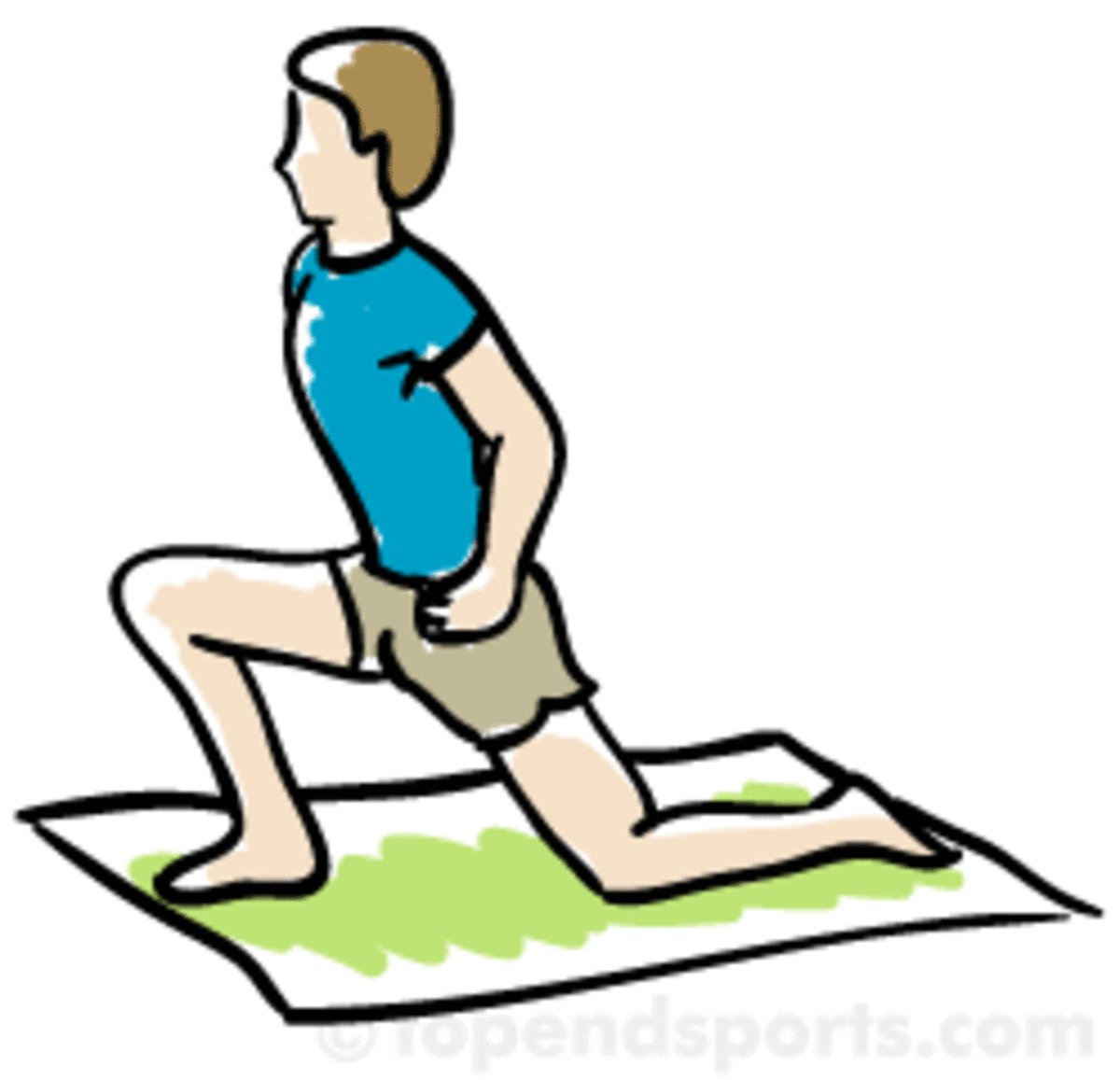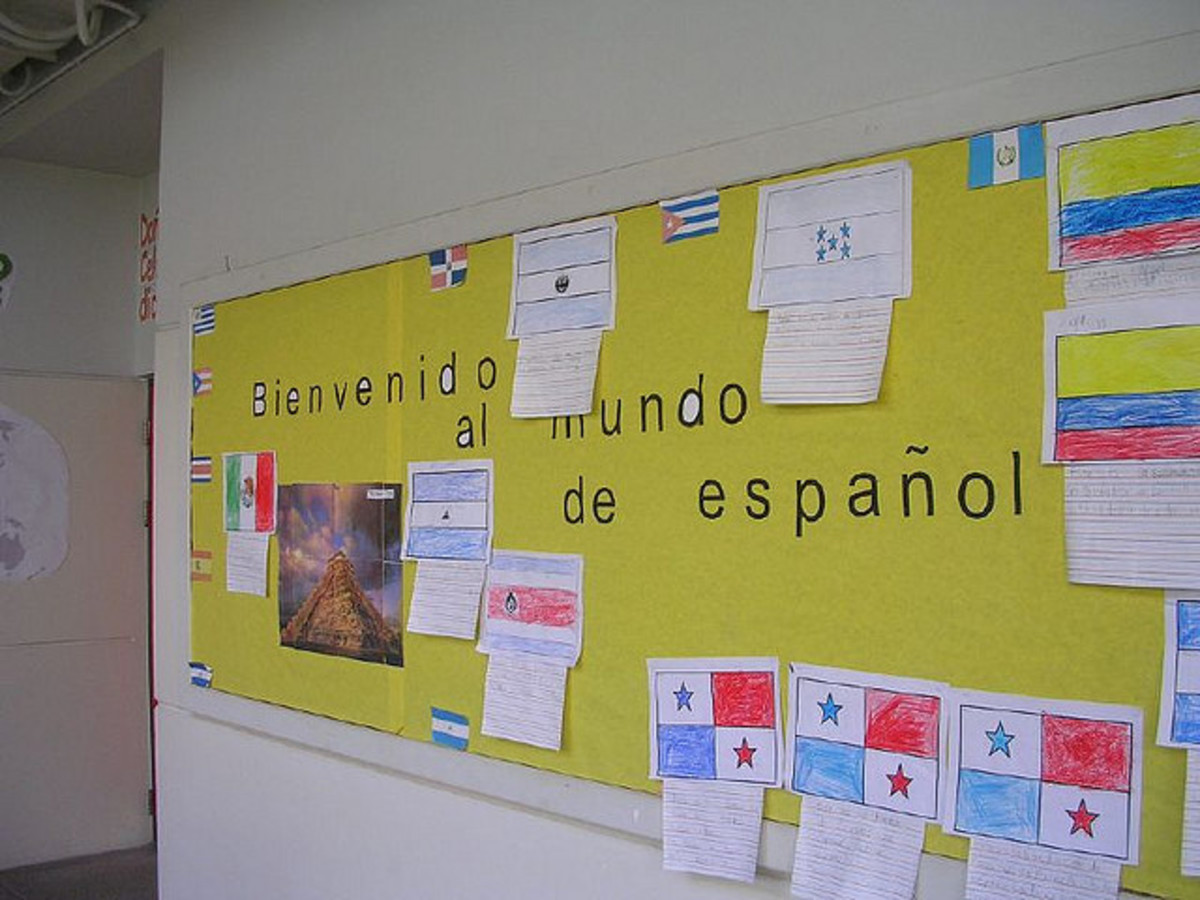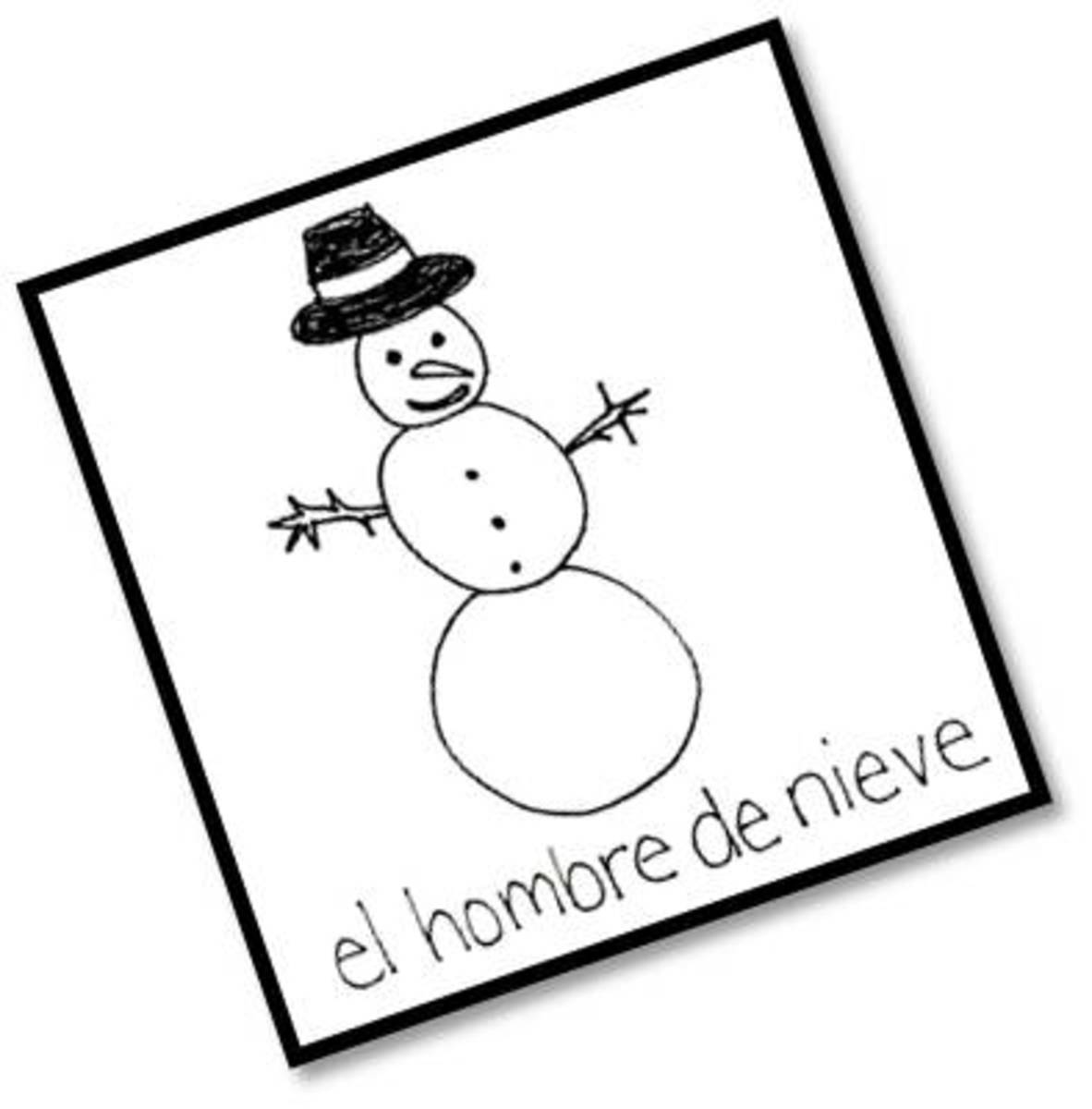Spanish Lesson Twenty-Six: Hay + Que + Inf.

¡Hola, Bienvenido! Welcome! I hope you're here to learn! If you're coming in for the first time, start from the beginning with Lesson One. If you've been be following this whole time, I hope you're excited for this week's lesson. :). The weekend is here and now it's time to relax, read a good book, party. However, if you're like me, you'll want to learn some Spanish! lol. I love learning languages and I use my Sundays to do just that. Hopefully you all will regain your knowledge of the Spanish Language or learn it for the first time! Last week our Spanish knowledge grew even further by discussing The Imperfect.
Remember, these lessons are designed for you to be able to go at your own pace and learn Spanish "A Little At A Time". I recommend that everyone review previous lessons occasionally to help the information penetrate successfully. The link to those lessons is provided below, after the explanation of this week's lesson.
Last week we discussed The Imperfect. If you'd like to review that lesson before going on click--->here. In today's lesson we will be discussing the formula Hay + Que + Inf. This formula is similar to Tener + Que + Inf discussed in Lesson Eleven. Check out more information below.

Today's Vocabulary
Today's vocabulary will consist of a hodgepodge of words that consists of Verbs, Reflexive Verbs, Nouns, and Adjectives. Today's lesson will focus on using the formula Hay + Que + Inf. Take a look at today's vocabulary and partake in the warm up!
Tip: Also keep in mind that it's okay to go back to previous lessons and read over them. You should also practice daily if you can. My favorite Youtube teacher, Senorbelles is great at vocalizing a great bit of what I've written in my lessons. Give his Youtube page a look!
Verbs
To Hang (up): Colgar
To Put/To Place: Colocar
To Begin/To Start/ To Commence: Comenzar
To Eat: Comer
To Compose: Componer
To Buy/To Purchase: Comprar
To Understand: Comprender
Reflexive Verbs
To Rely On/To Depend On: Atenerse
To Dare/To Venture: Atreverse
To Bathe Oneself/To Take A Bath: Bañarse
To Make Fun Of/To Poke Fun At/ To Redicule: Burlarse
To Fall/To Fall Down/ To Tumble: Caerse
To Be Silent/To Keep Quiet: Callarse
To Become Tired/To Become Weary/ To Get Tired: Cansarse
Nouns
Crutches: Las Muletas
Paramedics: Los Socorristas
Knee: La Rodilla
Face: La Cara
Finger: El Dedo
Arm: El Brazo
Elbow: El Codo
Adjectives
Sick: Enfermo(a)
Well: Bien
Nauseous: Naseabundo(a)
Sweaty: Sudado(a)
Disgusted: Indignado(a)

Warm-Up
Since there aren't any conjugations or special rules that need a chart, let's do something a bit more fun. I LOVE Shakira as an artist and I really think she has a beautiful voice. There's an awesome song on her album Fijación Oral Vol. 1 called No. It's sung completely in Spanish. Watch the video below and listen to it! Look up the lyrics and see if you can sing along. It'll test your pronunciation!! The video can be found just below.
Also consider other ways to incorporate Spanish into your daily lives. Take a moment to review some previous lessons or read up on some articles. The Spanish language is a living language, so it's not going anywhere anytime soon. If you need any help, shoot me an email. I'll be happy to help you. Also consider doing these fun things:
- Read a book or poem completely in Spanish.
- Speak with a native speaker.
- Watch your favorite movie completely in Spanish.
- Confuse your friends by speaking in Spanish.
- Name your household items in Spanish while getting ready to start your day.
Using Hay + Que + Inf.
Hey everyone! I hope you've been enjoying this lesson thus far. If you've done the warm up and checked out some new vocabulary, I'm happy to hear it. I am looking for more feedback from readers. What works and what doesn't work? If you have any input, leave me a comment or email me from my homepage. So here's a quick lesson for the week.
Remember Tener + Que + Inf? Well we learned that some fifteen lessons ago about saying what one person has to do. Now there is another to discuss what is necessary and that is by using the Hay + Que + Inf. Take a look at the example below.
Hay que comer la comida. It is necessary/One must eat the food. Note that Hay + Que does not specify one subject or another. It is a simple expression used to show a necessity or obligation towards said action. The difference between Tener Que and Hay Que is just that. One specifies a subject that must do something, while the other specifies an overall obligation.
Tener que aprender español. I have to learn Spanish
Or
Hay que aprender español. It is necessary/One must learn Spanish. Get it? Also keep in mind that the word Hay means "there is" or "there are". You can always use that word by itself to say a sentence like this...
Hay dos gatos en la casa. There are two cats in the house. You can also make the sentence negative by adding no before hay just as you would a verb. So there's today's lesson! I hope you all enjoyed it and I'll see you next week!!

Homework
Your homework for today is to view a video based off of Lesson Twenty-Five. Take a look at it! Senorbelles gives us a second perspective on using The Imperfect. He's an awesome teacher and I even told him so on Twitter!! :)
Also in the coming lessons we'll be discussing a great deal more about grammar and visiting other themed topics in Spanish. Stick around for that. :) Here are some lessons that will be coming soon:
- Your Childhood Story
- Careers and Occupations
- School and College
- The Zoo and Animals
Next week we will discuss the Family and Relationships! Get ready for the next themed lesson!
Links Used As References
- Tener que, Hay que
Spanish grammar. Discussion: tener que, hay que. - Ser vs Estar, Tener vs Hay Que
Our website Speak7 helps you learn the difference between the Spanish ser and estar, also the tener vs hay que, and tener against tener que. and more about Spanish grammar, vocabulary, and expressions in Spanish with Speak7 - Indicating Obligation with Hay Que - Intermediate Spanish Lessons - YouTube
For more information, go to: http://www.123teachme.com/learn_spanish/haber_indicate_obligation








